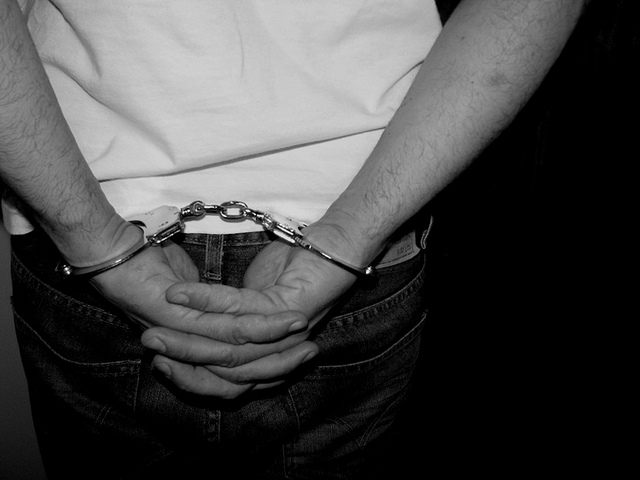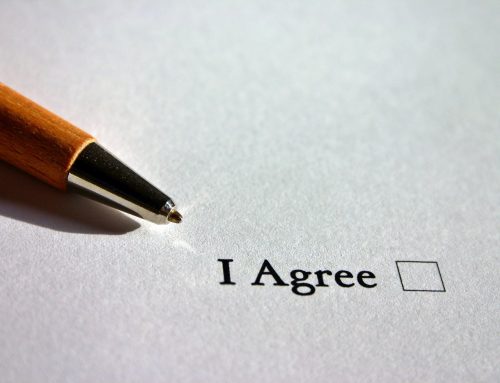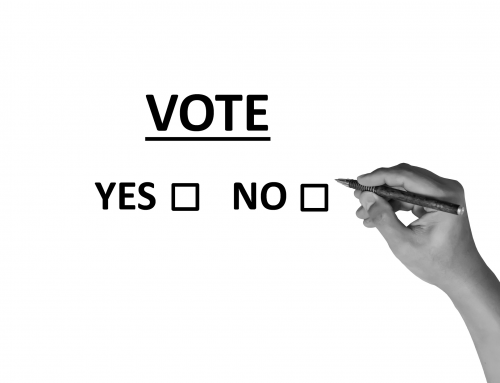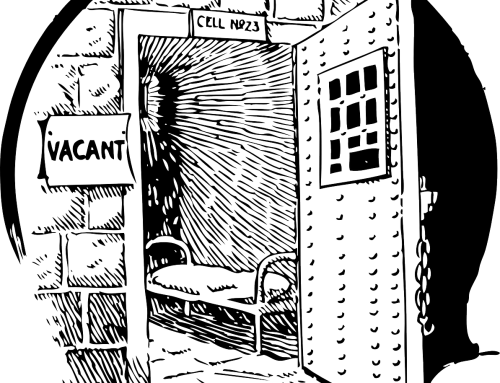There may soon come a day when you’re unable to bail out a friend or loved one who has been arrested and taken into custody under suspicion of committing a crime. According to New York State Senator Michael Gianaris, the state’s bail system is unfair to the poor who are sometimes unable to pay bail amounts while the rich are always able to. His answer to this problem is to throw the baby out with the bath water by eliminating bail entirely. Instead, Gianaris has come up with a plan to allow judges one of three options when someone is arrested:
- The first is that the person is remanded into custody without bail pending their trial.
- The second is to release the defendant on their own recognizance.
- The final option is to release the defendant under the supervision of the court.
In all three instances, the defendant would be required to return to court at the appointed date and time, but if granted release without the threat of a hefty bail, why would they? The reason that the full amount of bail is thousands of dollars isn’t because the government is trying to stick it to the poor, but because it has shown that an individual is far more likely to fulfill their court obligations if the threat of a large fine is hanging over their head if they don’t.
Currently, when someone skips bail, the bail bondsman will hire bail enforcement agents to track down the individual and return them into custody. When privatized bail has been eliminated, who do you think is going to pay for this? The taxpayer; who, by the way, will also be footing the bill for the “court supervisor” to watch over those who have been released under court supervision.
Aside from that, Gianaris’ plan doesn’t really solve the problem – it just changes the equation. Making bail affordable for the poor can be done as easily as providing payment plans that fit within their budget (something many bail bondsmen, including us, have been doing for years).






